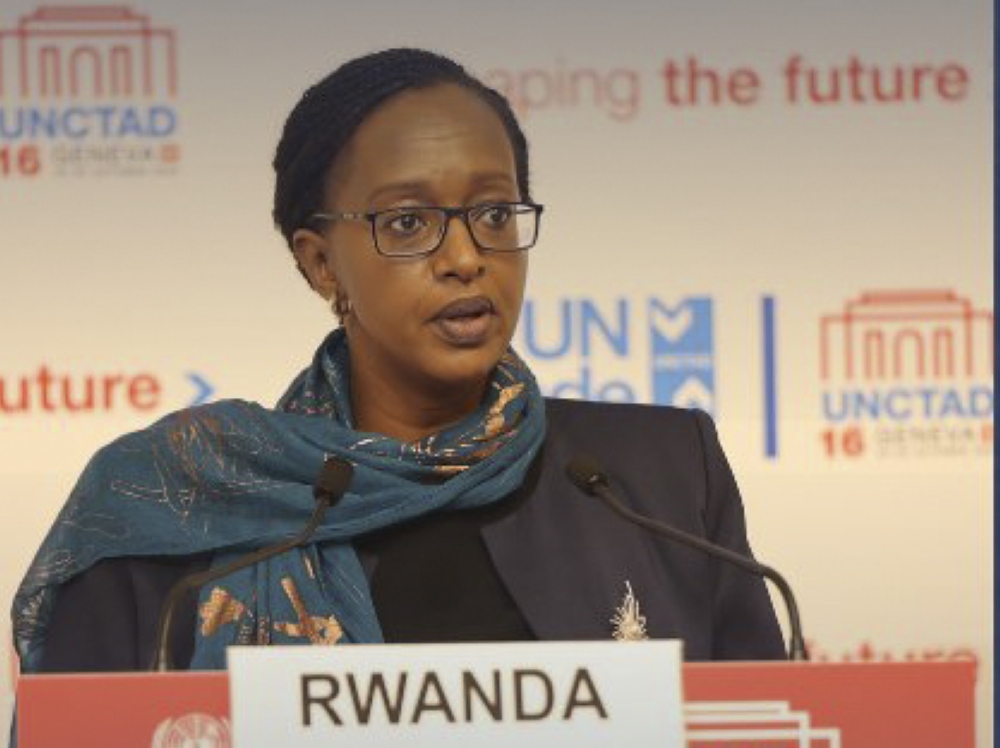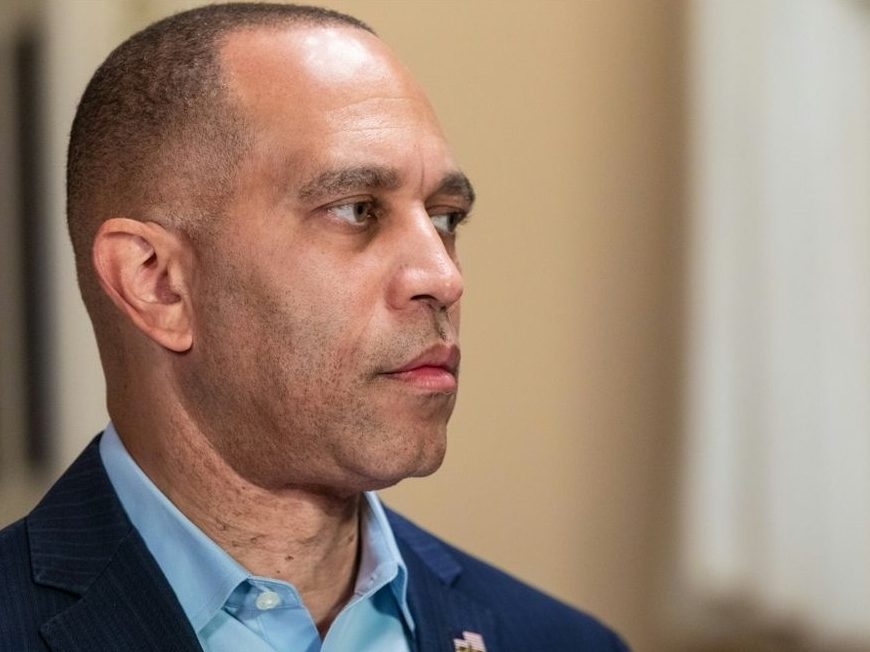
Ontario’s deal with the federal government to operate a $10-a-day child-care system in the province is set to expire in five months, but there has been little apparent progress in extension negotiations, which has some advocates, operators and parents calling for certainty.
Most provinces and territories signed extensions with the federal government before this year’s federal election, but Ontario only signed an agreement-in-principle to continue the program, which is set to expire on March 31.
Education Minister Paul Calandra said the federal government needs to address a shortfall of $2 billion per year that would occur if the current funding structure is left in place, but first Ottawa needs to come to the table.
“We are, unfortunately, in a bit of a holding pattern right now as we wait for the federal government to come to the table with respect to the next five years of the … program,” Calandra said during question period.
“We have been begging the federal government to come to the table so that we can begin talking about an extension of the (child-care) program. We have sent letters to the federal government. We have called the federal government. We understand that the new minister does not yet have a mandate from her Treasury Board to begin negotiations with us. It is hard to negotiate with yourself at the table. We want an extension of the program.”
Parent fees at Ontario daycare centres in the program were cut by more than 50 per cent, on average, and now are currently capped at $22 a day as an interim step toward the $10-a-day mark. However, Calandra has warned that if the province is unable to secure a new agreement with the federal government, costs would rise for families come April 1.
A spokesperson for federal Families Minister Patty Hajdu said negotiations “are being resumed” with provinces and territories.
“We are focused on working with them to lower costs for families and build a more affordable Canada,” Jennifer Kozelj wrote in a statement.
Janet Amito, a single mother, said Tuesday at a press conference with the Ontario Coalition for Better Child Care that she is counting on politicians to uphold their promises to deliver affordable child care.
“If the $10-a-day expires and fees go up, it will not be feasible for me to pay for child care for my son,” she said.
“I would not be able to work. But then, how would I pay my bills? Child care is one of the only costs that has gone down recently. Housing, food and everything else is so expensive. Affordable child care helps my family make ends meet. Without it, I am not sure what we would do.”
Carolyn Ferns, a policy co-ordinator with the child-care coalition, said it doesn’t seem like a priority for either government right now, which is troubling.
“When we reached the agreement in principle, everybody felt like, ’Oh, it’ll probably get sorted out,” she said.
“You know, that’ll happen. And then the months tick by, the months tick by, and it didn’t happen. But there’s still a feeling out there that it’ll be fine … that the federal government won’t let Ontario go, and Ontario wouldn’t let this happen, but I’m increasingly worried that (we) actually could lose it.”
Andrea Hannen, executive director of the Association of Day Care Operators of Ontario, said the members she has spoken to don’t believe the governments will let the program lapse, as it has been so popular with families.
But they also don’t really expect certainty in a timely fashion, she said.
“Yes, it’s a short time frame, but nothing in the way this program has been implemented has ever been done … (to) allow child-care owner/operators to plan their operations for the coming year,” Hannen said in an interview.
“It’s all been fly-by-the-seat-of-the-pants and kind of random. Sometimes people don’t know what their funding allocation for the coming year is until April in the middle of that year. So, I don’t think anybody expects there to be any predictability or sanity.”
Child-care operator Sheila Olan-Maclean said she tells her centre’s families what the next year’s fees will be in December, which is quickly approaching.
“I think it will be quite shocking for families if by Dec. 1 if there’s no deal,” she said in an interview.
“Then we have to send out to families that this could be your fee for next year. If we have (the $10-a-day program) it would be less than $22 a day, or it could be close to $100 a day (without the program).”
As well, the program provides wage increases for early childhood educators, so if the governments let the program expire, her centre’s educators will lose $4 an hour, she said.
Child-care operators have said one of the biggest challenges in creating new spaces and maintaining existing ones is staff shortages, and a recent report by Ontario’s auditor general said the province will need 10,000 more ECEs by next year.
A federal auditor general report Tuesday found that the program has so far been successful in reducing fees, but is behind on space creation and other goals.





